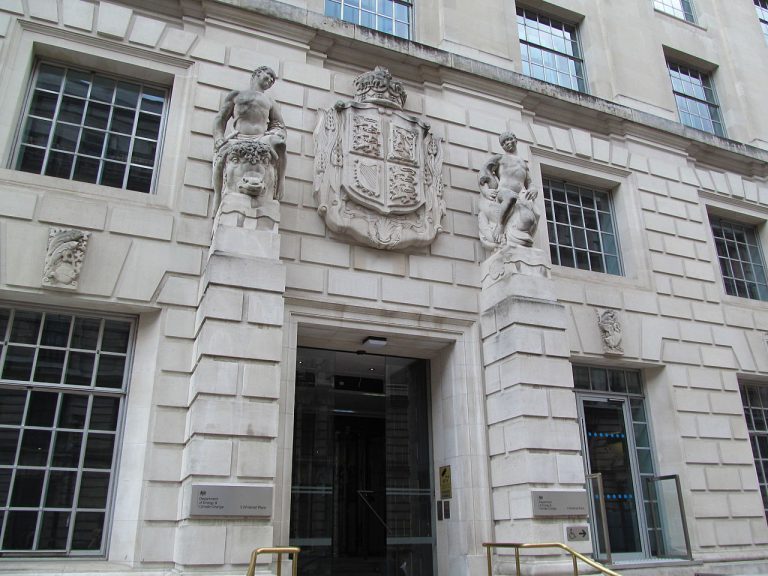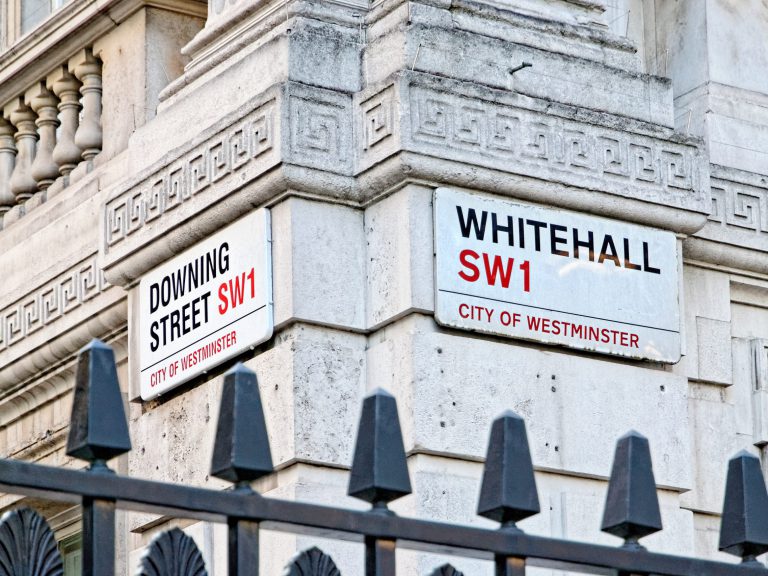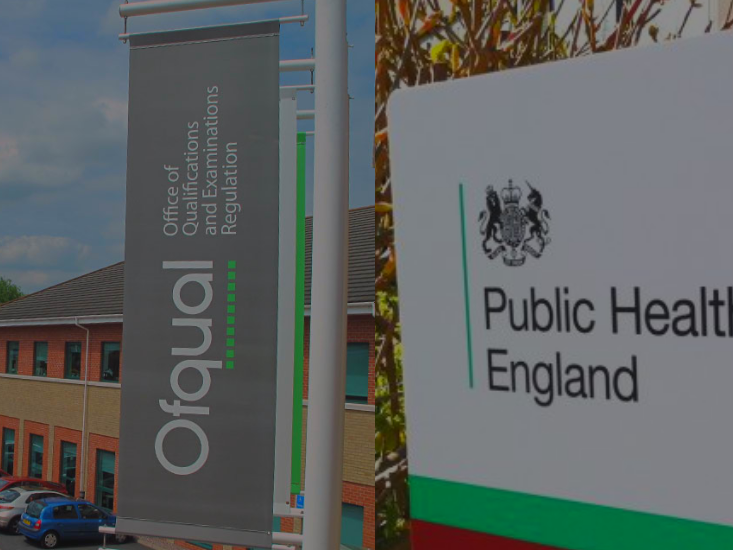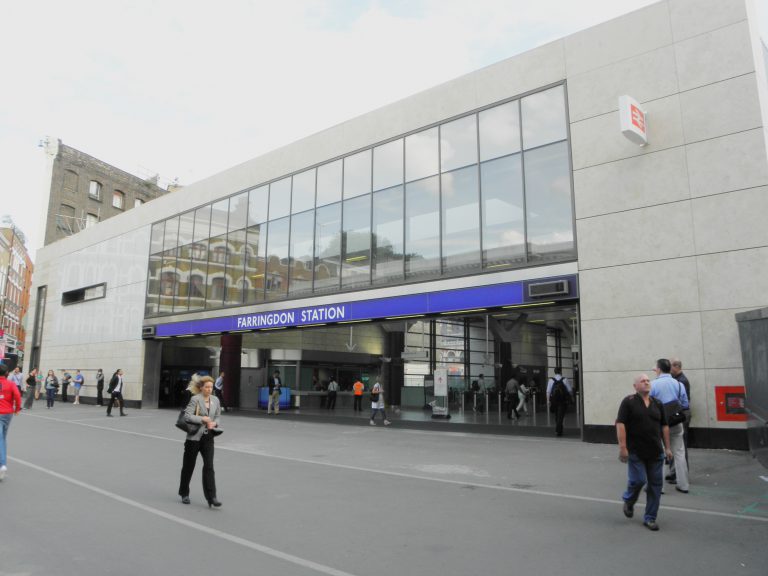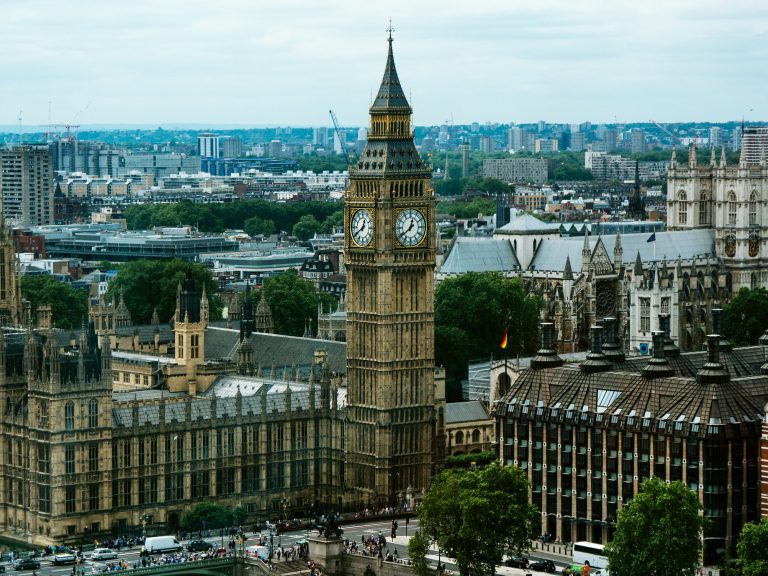Moving Out: What are the Benefits of Civil Service Relocation?
DragonGate Non-Executive Chairman, David Werran, writes in response to the Institute for Government’s latest paper on relocation, Moving Out: Making a Success of Civil Service Relocation (https://www.instituteforgovernment.org.uk/publications/civil-service-relocation)
The Institute for Government has produced a timely paper “Moving Out: Making a Success of Civil Service Relocation”. It suggests four tests to determine whether a decision on civil service relocation is likely to work – sufficiency of local labour supply, critical mass of roles at the new location, the plans of other departments and whether ministers and officials have a long-term plan to ensure the move is sustainable. The proposition is backed up a series of interesting charts that show the percentage of civil service staff by region, by grade and their profession types. The authors of the paper also reviewed past civil service relocations and interviewed current and former civil servants with relocation experience.
The Institute has produced a thought-provoking piece as Government prepares for a programme that will see 22,000 civil servants relocated to the English regions and devolved nations during the current decade. But there some important gaps in the paper with too much emphasis on the costs and too little on the very real savings and improvements that can be made, both in the short and the long term.
The first step for any department or arm’s-length body (ALB) will be to prepare a business case that will identify all the true costs and savings through a rigorous Treasury ‘green book’ process, along with such guidance as the Cabinet Office will provide. This will result in the ‘pay-back year’ – the year when the savings recovers all the upfront costs. Relocations from Whitehall will typically secure fast pay backs, as the costs of the London civil service are very high in terms of pay and offices and through the high turnover of staff compared to the regions – something the Institute has written about recently and compellingly. A further important part of any business case will be business continuity and the measures needed to avoid disruption.
Once the business case process has been completed and the destination decided, there will be an implementation programme which will be very much about hearts and minds – persuading the managerial and professional staff of the benefits of relocation. Previous relocations have shown that an early series of reconnaissance visits for staff, families and partners are pivotal in the decision-making stages, as is the very real help that local authorities can and will provide if they are engaged at the earliest possible moment.
The most important benefit for relocating staff will be the quality of life aspects: a better standard of living and importantly housing, as in many cases it will be the first opportunity for staff to get on the housing ladder. History has shown that well-managed relocations lead to highly successful moves – when the Met Office relocated 1,200 posts to Exeter the success rate was 82% of all staff moving – a high proportion of which were specialists. This relocation had a transformative effect on the organisation but also on Exeter and its university, proving that Government can get the skills while basing itself outside of the UK’s largest, most prosperous cities. With the advances of technology and moves to a greater degree of home working, the work of relocation will be far easier than those distant days in the 1940s when the first Whitehall relocations took place.
Finally, there are the huge benefits that will accrue for the regions through relocation that arise from the regeneration of town and city centres, the local employment opportunities, and the ‘multiplier effect’ that encourage private sector enterprises to set up near or adjacent public sector activities. When the Ministry of Defence established its new Abbey Wood headquarters in South Bristol with some 3,000 staff, the multiplier impact over time was assessed at over 50%. This effect would of course be greater if Government relocated posts to more towns and lesser cities, rather than the already-prosperous regional capitals its hubs programme currently priorities.
The Government plans for a Whitehall dispersal is an important aspect of Levelling Up and the post-Covid-19 recovery but ministers should be more ambitious and press for the relocation of as many as possible of the 90,000 civil servants still based in London.

David Werran is the Non-Executive Director at DragonGate and Co-Chairman of Breaking Barriers Innovations.



